|
What Can We Do to Support Climate Recovery? Use Water Like a Californian Growing up in California, I can scarcely recall a time we weren’t in a drought. I’ve had discussions with friends and family about how much water you really need to moisten a toothbrush, whether it’s ethical to eat pasta because it involves boiling so much water, and how shocking it is to see someone order water in a restaurant and not finish it. Like many from the Golden State, I have adopted a “no water left behind” policy, draining my glass after every meal. That’s a tiny save, I know, but it just feels wrong to discard water as if it wasn’t an endangered resource. Only 3% of the water on earth is freshwater, and until now 75% of that freshwater has been stored in glaciers. During warmer months, glacier runoff is the primary source of water for more than one sixth of the Earth’s population. In the past, glaciers were replenished by winter snow, but now they’re melting so quickly that by 2100 we expect to lose somewhere between 15% and 55% of the Earth’s freshwater supply. We’ll start feeling the shortages soon; estimates suggest that by 2025 “two thirds of the world will be living in stressed water conditions,” notes Spela Kunstelj in her TED Talk, Save that Drop. How can we help? 20 Ways to Conserve Water at Home lists simple tips, such as turning off the tap while brushing your teeth, washing the dog outdoors so the lawn gets the runoff, and reusing the pasta water (after it cools) on your plants. (Or try my favorite new recipe that doesn’t require boiling pasta in water: smoked salmon pasta cooked in a skillet.) Remember, when you cultivate better water habits, chances are those around you will, too. By Karen McCann Photo by CNN STOP, LOOK, LISTEN! by Kathy Sherretts Patria querida After 7 days of some pretty rough walking from León to Oviedo, I emerged from the trees like Grizzly Adams and ordered a menú del día. I saw some occasional NYT headlines during the trip, but other than that I’ve been largely disconnected for a week. What follows is a collection of the first few things to grab my attention on my return to civilization, along with a couple of items suggested by friends from our Resistance group. (Thanks to the Steves for helping us out!) Thanks! --Kathy Sherretts (and a big thank you to Sílvia for coming along on the walk and keeping me from getting lost!) Article: CNN:8 key takeaways from the European election 2019 results Whether is the Greta Thunberg effect or not, around one in three people under the age of 30 voted Green, and "the Green Party alliance posted its strongest ever performance in European elections." Article: HuffPost: How Postwar Ads Got Us Hooked On 'Disposable' Single-Use Plastic by XiaoZhi Lim Marketing began to persuade people that returnable or reusable items were an inconvenience that they had never noticed before. Vídeo: The Guardian: 'The planet is on fire': Bill Nye driven to F-bomb rant by climate change Article: The Atlantic: An Imperfect SAT Adversity Score is Better Than Just Ignoring Adversity by Richard D. Kahlenberg The adversity score is not just a disguised racial preference; admissions officers who take “adversity scoring” into account are more likely to give consideration to disadvantaged students who do fairly well despite the odds. Article: Washington Post: The Trump coverup no one is talking about: The emperor has no money by E.J. Dionnne More than 400 million people were eligible to vote in the EU elections. The Greens won 19 more seats than in the 2014 election. Here are their gains and losses. (Photo: European Parliament and CNN) Ready to do more? Learn about the Green New Deal. If you missed our roundtable discussion, you can read the presenters' notes here. Read the Indivisible Guide 2.0, a new strategy for a new congress. Check out the weekly action plan from Progressive Action, Global Exchange (PAGE) which mobilizes progressives living overseas. Sign up for the Americans of Conscience Checklist, a weekly action list that also provides encouragement and good news. Learn more about solutions and actions at ClimateRecovery.org, a new group organized by members of American Resistance Sevilla and other community activists.
0 Comments
What Can We Do to Support Climate Recovery? Send a Message to Your Congressperson with This Easy Form from the Union of Concerned Scientists Nobody is more worried about climate change than the scientific community — people who have devoted their lives to the systematic study of the natural world. “We have reached a tipping point on climate action,” writes the Union of Concerned Scientists. “Climate change is not some problem in the distant future—it's happening right now.” There is some good news. “Thankfully, momentum is building for climate action within Congress and across the country. We're now having the first productive congressional hearings on climate change in six years, and the ‘Green New Deal’ has sparked new ideas, energy, and momentum for the call for swift, equitable, and significant climate action.” What can we do right now? “Write to your legislators today and urge them to show real leadership on climate action, especially as the Trump administration is actively rolling back programs that were put in place to reduce global warming emissions and protect Americans from the impacts of climate change.” By Karen McCann SEND A MESSAGE TO YOUR CONGRESSPERSON WITH THIS SIMPLE FORM The State of Science in the Trump Era (2019): Damage Done, Lessons Learned, and a Path to Progress, Union of Concerned Scientists Trump Brags about His “Natural Instinct for Science", The Late Show with Stephen Colbert. Photo from Constababble STOP, LOOK, LISTEN! by Kathy Sherretts Into the woods I can't make a list next week as I will be hiking north of Leon, out of phone range part of the time, possibly eaten by bears. Maybe that will be a welcome break from the news... I don't know how I'm going to feel about being so far out of touch! We are asking the American Resistance Sevilla community to share your own recommendations of articles, podcasts, etc. this week! Please email them to Pia at [email protected]; she will compile a list for next week's newsletter. Send a link to the item and include the title and a short summary. Thanks! --Kathy Sherretts Article: The Guardian: Trump pardons fraudster Conrad Black after glowing biography by Jim Waterson Conrad Black, who owned the Daily Telegraph and the Spectator before being jailed for fraud, has been pardoned by Donald Trump – shortly after writing a book entitled Donald J Trump: A President Like No Other. Article: Grist: After Standing Rock, protesting pipelines can get you a decade in prison and $100K in fines by Naveena Sadasivam What was once a misdemeanor is now a felony. After protests against the Dakota Access Pipeline generated national attention and inspired a wave of civil disobedience, states with oil and gas reserves have passed laws to to punish pipeline protestors. Graphic: Ballotpedia: Federal Judicial Appointments by President An overview of the number of federal judges appointed by each president, a historical comparison of presidential judgeship appointments from 1933 to 2017, and a comparison of appointments over time by president and court type from 1945 to 2019. Department of Hypocrisy: Boston Globe: States pushing abortion legislation rank poorly when it comes to child well-being by Matt Rocheleau Among 10 states that have enacted or are considering bills to restrict abortion, all but one are in the bottom of national rankings of child well-being, according to the nonpartisan Kids Count Data Center. Video: Interview with my hero (8 min) Actions like this protest in North Dakota against pipeline construction is now a felony in several states. (Photo: Speak Freely/ACLU) Ready to do more? Learn about the Green New Deal. If you missed our roundtable discussion, you can read the presenters' notes here. Read the Indivisible Guide 2.0, a new strategy for a new congress. Check out the weekly action plan from Progressive Action, Global Exchange (PAGE) which mobilizes progressives living overseas. Sign up for the Americans of Conscience Checklist, a weekly action list that also provides encouragement and good news. Learn more about solutions and actions at ClimateRecovery.org, a new group organized by members of American Resistance Sevilla and other community activists. What Can We Do to Support Climate Recovery? Adapt to Our Changed Habitat The Earth ain’t what it used to be. And even as we work to slow global warming, we need to retool our thinking to cope with violent weather, rising seas, and the rest of the new normal. On the bright side, we humans have proven astonishingly resourceful and resilient over the past 300,000 years; when we work together, we’re pretty clever about finding innovative ways to adapt to seemingly catastrophic alterations in the landscape. But we’d best get started soon. And by “we” I mean each one of us. “Adaptation's too important to be left to the experts,” says environmentalpolicy influencer Vicki Arroyo in her TED TALK, Let’s Prepare for Our New Climate. “Why? Well, there are no experts. We're entering uncharted territory, and yet our expertise and our systems are based on the past. ‘Stationarity’ is the notion that we can anticipate the future based on the past, and plan accordingly, and this principle governs much of our engineering, our design of critical infrastructure, city water systems, building codes, even water rights and other legal precedents. But we can simply no longer rely on established norms.” So what can we do? “It's up to us,” she says, “to look at our homes and our communities, our vulnerabilities and our exposures to risk, and to find ways to not just survive, but to thrive. And it's up to us to plan and to prepare and to call on our government leaders and require them to do the same, even while they address the underlying causes of climate change. There are no quick fixes. There are no one-size-fits-all solutions. We're all learning by doing. But the operative word is doing.” How to Prepare Your Community for a Disaster, the New York Times 12 Ways Communities Will Have to Adapt to Handle Climate Change, the Guardian By Karen McCann New Orleans adopts new, more sustainable building standards after Hurricane Katrina. Photo by The Atlantic. STOP, LOOK, LISTEN! by Kathy Sherretts Checking and Balancing I want to recommend a website that concentrates on the US Congress--GovTrack.us has information on individual legislators and how they have voted, as well as details on upcoming votes in both houses; also, lots of information on legislation in committee and how it develops. My favorite GovTrack page is Congressional Oversight and Investigations: "One of Congress’ key functions and a check-and-balance implicit in the Constitution is to supervise the activities of the executive branch, a.k.a. to perform oversight. Sometimes the oversight is as simple as an annual check-in during appropriations hearings, other times oversight includes subpoenas and investigations." Yeah, well, good luck with that. --Kathy Sherretts Podcast: Slate/What Next: Constitutional Tug of War (17 min) The clashes between the legislative and executive branches don’t show any signs of letting up. Was our 230-year-old Constitution built for this highly partisan, highly confrontational moment? Article: NPR: Proposed Rule Could Evict 55,000 Children From Subsidized Housing by Pam Fessler HUD's own analysis concludes that there would be few benefits from the rule change, which would apply to families where one member is inelegible for subsidized housing. The agency assumes that such families would split up or move out of their subsidized homes, and estimates HUD will spend 3-4 million dollars on evictions. Article: Boston.com: The racial divide in the Red Sox’ visit to Trump’s White House is impossible to ignore by Dave Sheinen This is a story of baseball, ethnicity, and politics. Also, the White House official website spelled the team’s name wrong. Article: Care2: We're A Step Closer To Protecting The Arctic National Wildlife Refuge From Drilling by Alicia Graef Language was added at the last minute to the 2017 Republican-led tax bill to mandate oil and gas lease sales in the Arctic National Wildlife Refuge. The Arctic Cultural and Coastal Plain Protection Act (H.R. 1146) would repeal the controversial provision in the tax bill and permanently protect the refuge from oil and gas drilling. Just for fun: A PSA from George Clooney. Catcher Sandy León (right) skipped the White House celebration of the 2018 World Series winners. Every one of the 10 Red Sox players who declined the invitation is a person of color, either US-born or an immigrant. (AP Photo / Gail Burton) Ready to do more? Learn about the Green New Deal. If you missed our roundtable discussion, you can read the presenters' notes here.
Read the Indivisible Guide 2.0, a new strategy for a new congress. Check out the weekly action plan from Progressive Action, Global Exchange (PAGE) which mobilizes progressives living overseas. Sign up for the Americans of Conscience Checklist, a weekly action list that also provides encouragement and good news. Learn more about solutions and actions at ClimateRecovery.org, a new group organized by members of American Resistance Sevilla and other community activists. What Can We Do to Support Climate Recovery? Get Past Our Apocalypse Fatigue As I wrote last week, the very mention of climate change makes a lot of people’s eyes glaze over. Psychologist and economist Per Espen Stoknes has identified five inner defenses that stop people from engaging: distance (it’s about a few polar bears in the Arctic 100 years from now), doom (apocalypse fatigue), dissonance (the conflict between our awareness of the problem and everyday compromises, such as using disposable plastics), denial (the inner refuge from fear and guilt), and identity (what my tribe defines as acceptable, such as driving a gas-powered car). None of these can be overcome by throwing facts at someone. Instead, says Stoknes, try these five approaches: make it social (model good behavior that can spread), supportive (focus on common goals such as healthy communities and job creation), simpler (find everyday actions that matter, such as reducing food waste), and identity-based (tell stories about the heroes in this struggle, such as Greta Thunberg). Reframing our conversations is one way we can reduce burnout and apocalypse fatigue in ourselves and others, enabling us to get on with the business of finding and implementing solutions. How to transform apocalypse fatigue into action on global warming, TED Talk, Per Espen Stoknes. With optional subtitles and transcripts in 14 languages. By Karen McCann Per Espen Stoknes. Photo by TEDGlobals, NYC STOP, LOOK, LISTEN! by Kathy Sherretts Long engagements I wrote to my Senator again today. I don’t do it as frequently as I did two years ago—it’s hard to stay engaged under the barrage of information we take in and react to every day. Keystone XL. Immigrant detentions. Endangered species losses. Rollback of healthcare protections. Defiance of congressional inquiries—all bobbing along on an ugly current of lies and fear mongering. I no longer have any illusion that my Republican senator is going to oppose any White House policy, no matter how outlandish. However, I think it’s important to remind her that for every one voter who writes in, there are dozens more who won’t say anything until next year when they have a ballot in their hands. --Kathy Sherretts Article: Washington Post: Whiteness is under siege — but not by immigrants by Jonathan M. Metzl Trump did not invent insecure whiteness, but he is a skilled manipulator of the fears at its heart. Podcast/Article: PRI: Singing along with ‘Romantic Songs of the Patriarchy’ (8 min) Dreamy or skeevy? Jules Indelicato performed “Under My Thumb” as part of an art performance piece, which also featured such doubtful hits as “Every Breath You Take” “Run for Your Life” “Tonight’s the Night”. Here’s the whole list. Quiz: CNN: The most effective ways to curb climate change might surprise you by Drew Kann, Will Houp, Judson Jones, and Sean O'Key Mini-course: Ballotpedia: Learning Journey on the Congressional Review Act. A four-part series reviewing the origins of the act and how it impacts federal rulemaking. 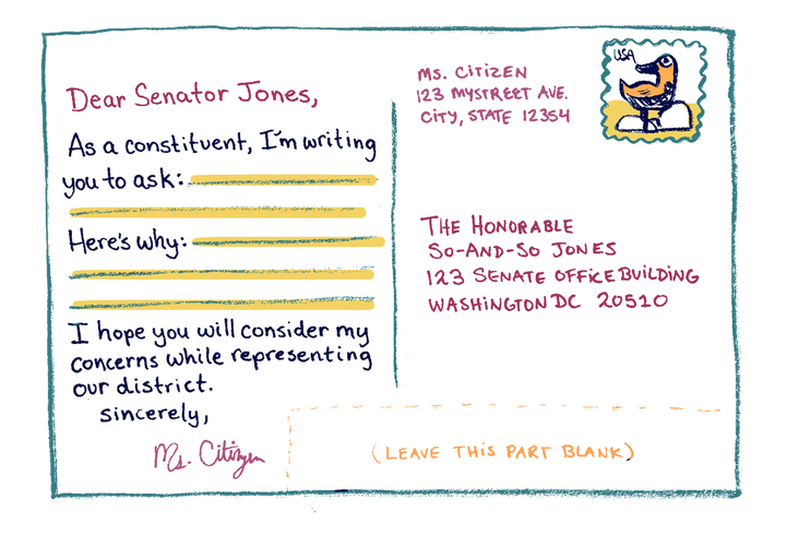 It’s important to remind our Senators that for every one voter who writes in, there are dozens more who won’t say anything until next year when they have a ballot in their hands. Ready to do more? Learn about the Green New Deal. If you missed our roundtable discussion, you can read the presenters' notes here.
Read the Indivisible Guide 2.0, a new strategy for a new congress. Check out the weekly action plan from Progressive Action, Global Exchange (PAGE) which mobilizes progressives living overseas. Sign up for the Americans of Conscience Checklist, a weekly action list that also provides encouragement and good news. Learn more about solutions and actions at ClimateRecovery.org, a new group organized by members of American Resistance Sevilla and other community activists. What Can We Do to Support Climate Recovery? Talk About It I talk about climate change a lot; just ask my friends, relatives, and bartenders. The most common response is a frozen stare, even from people whose views align with mine. The subject is huge and frightening, and the marketing departments of big oil companies have spent billions trying to convince us we’re not to blame, there’s nothing we can do, and hey, losing a few polar bears 100 years from now is a small price to pay for cheap fuel today. It’s time to replace those lies with honesty. Before trying to sway hardened climate-change deniers, talk with like-minded friends. “The challenge,” writes Jane Burston in World Economic Forum, “isn’t awareness. It’s action. Concerns exist, but do not influence day-to-day decisions. Rarely is climate change a critical factor in elections. People tend not to think about climate change when deciding how to travel, how to invest their money or which energy supplier to use...Have a conversation about climate change with someone you live or work with. Because ultimately, one conversation at a time is how we’re going to turn widespread awareness and concern into meaningful action.” When speaking with climate-change deniers, remember their beliefs are part of their tribal identity. “Social science has taught us that if people have built their identity on rejecting a certain set of facts, then arguing over those facts is a personal attack,” explains climate scientist Katharine Hayhoe. “It causes them to dig in deeper, and it digs a trench, rather than building a bridge. Instead of starting up with your head, start from the heart … with genuinely shared values.” For more, watch Hayhoe’s TED Talk: The most important thing you can do to fight climate change: talk about it. By Karen McCann Talking with like-minded friends keeps us energized for the tasks ahead. Photo by Karen McCann STOP, LOOK, LISTEN! by Kathy Sherretts Harm to Ongoing Matter I love this phrase from the redacted sections of the Mueller report—it sounds like the title of an Emerson, Lake and Palmer album. We can only hope that the “ongoing matters” in question include a good close look at Jared Kushner. --Kathy Sherretts Article: ACLU: Settlement Reached to End Texas Voter Purge The state of Texas has settled with the ACLU and other civil rights organizations to halt a purge of voter rolls that targeted naturalized citizens and those with Latino names. Graphic: Grist: This GIF captures just how gigantic the U.S. carbon footprint is by Zoya Teirstein Document: EPA: Guidance about Planning for Natural Disaster Debris | Managing Materials and Wastes for Homeland Security Incidents A straightforward message for coping with natural disasters: Start planning for the fact that climate change is going to make these catastrophes worse. By contrast, EPA head Andrew Wheeler says that “most of the threats from climate change are 50 to 75 years out.” Article: New York Times: The Racial Bias Built Into Photography by Sarah Lewis Frederick Douglass knew it long ago: Being seen accurately by the camera is a key to representational justice. A boy walks through the cracked earth of an empty pond as he herds his cow during the dry season outside of Phnom Penh, Cambodia, Friday, April 26, 2019. Cambodian authorities have ordered a one-hour reduction in the length of school days because of concerns that students and teachers may fall ill from a prolonged heat wave. (Heng Sinith/Associated Press) Ready to do more? Learn about the Green New Deal. If you missed our roundtable discussion, you can read the presenters' notes here.
Read the Indivisible Guide 2.0, a new strategy for a new congress. Check out the weekly action plan from Progressive Action, Global Exchange (PAGE) which mobilizes progressives living overseas. Sign up for the Americans of Conscience Checklist, a weekly action list that also provides encouragement and good news. Learn more about solutions and actions at ClimateRecovery.org, a new group organized by members of American Resistance Sevilla and other community activists. |

resist the madness!American Resistance Sevilla is a non-partisan community mobilizing Americans living abroad to take peaceful action defending our lawful rights and freedoms. Learn more Archives
November 2020
Categories |
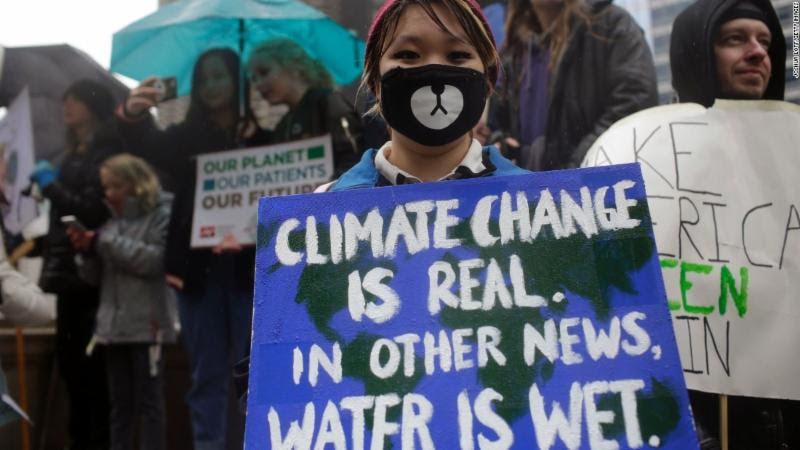
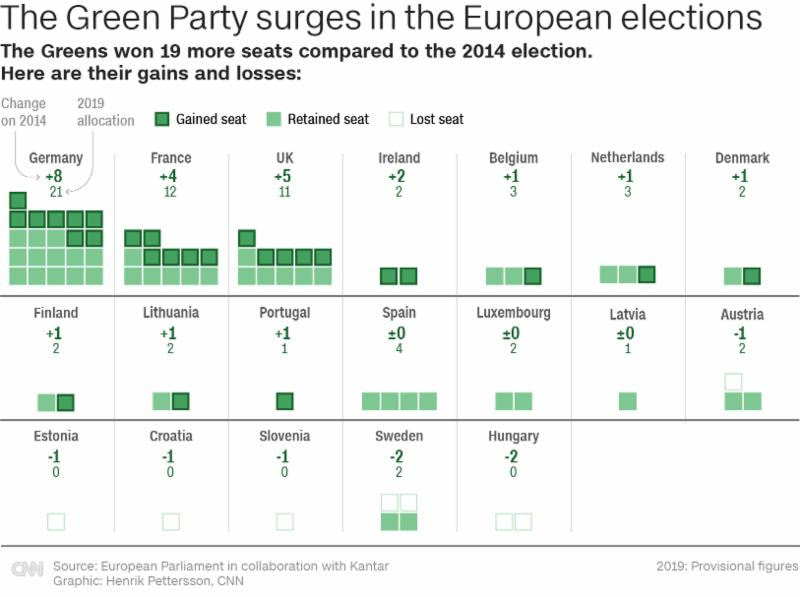
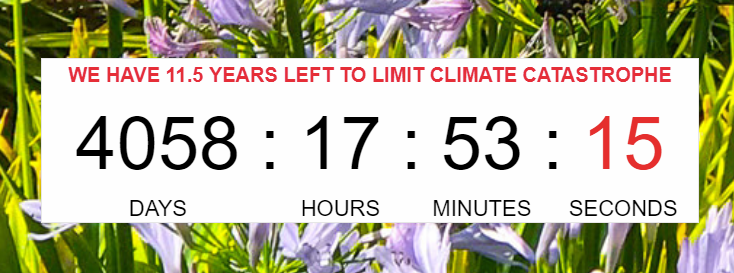
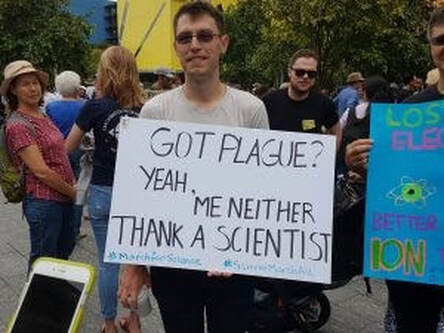
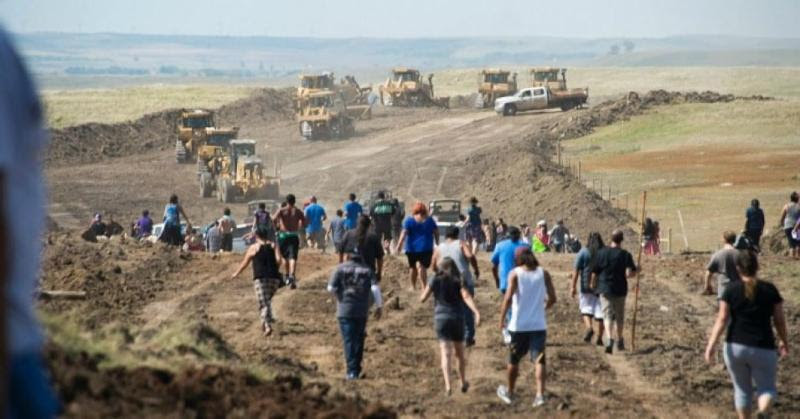
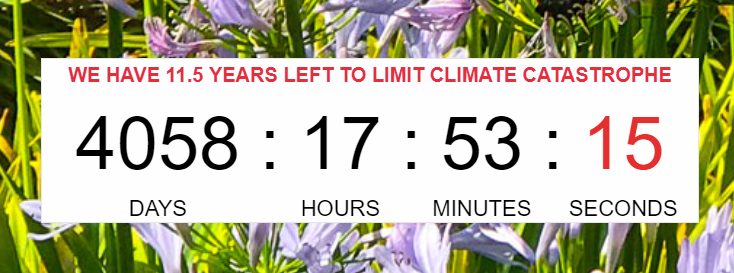
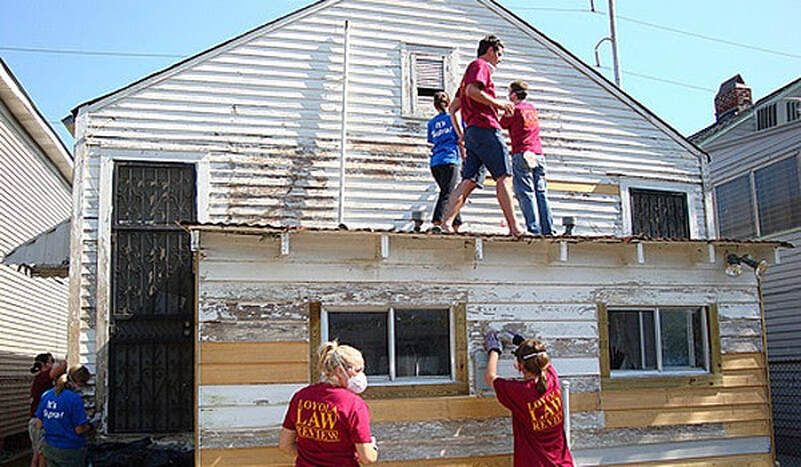

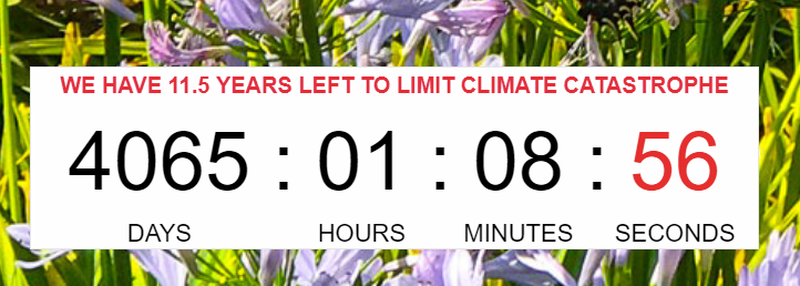
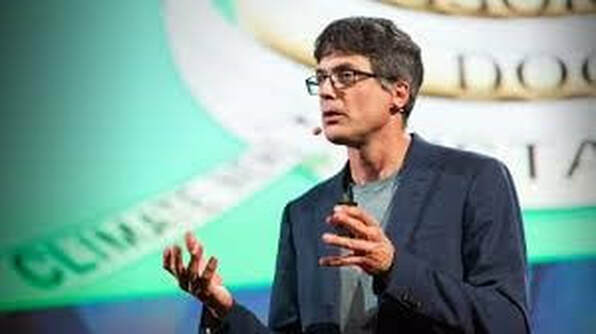

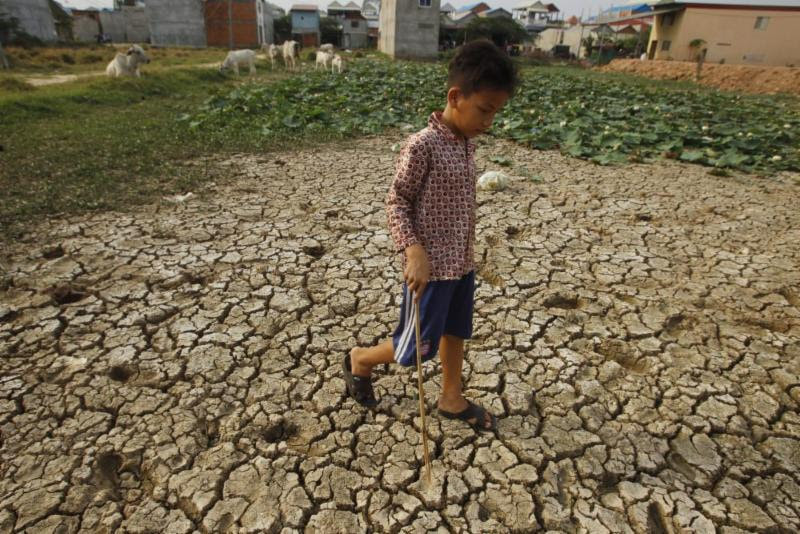
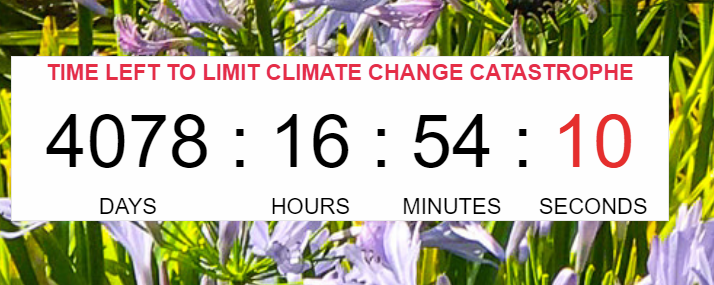

 RSS Feed
RSS Feed



